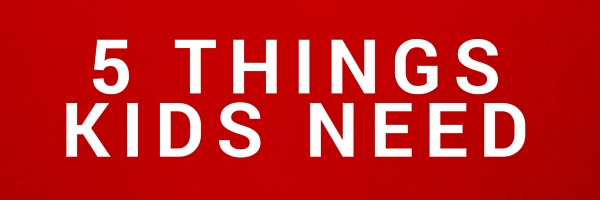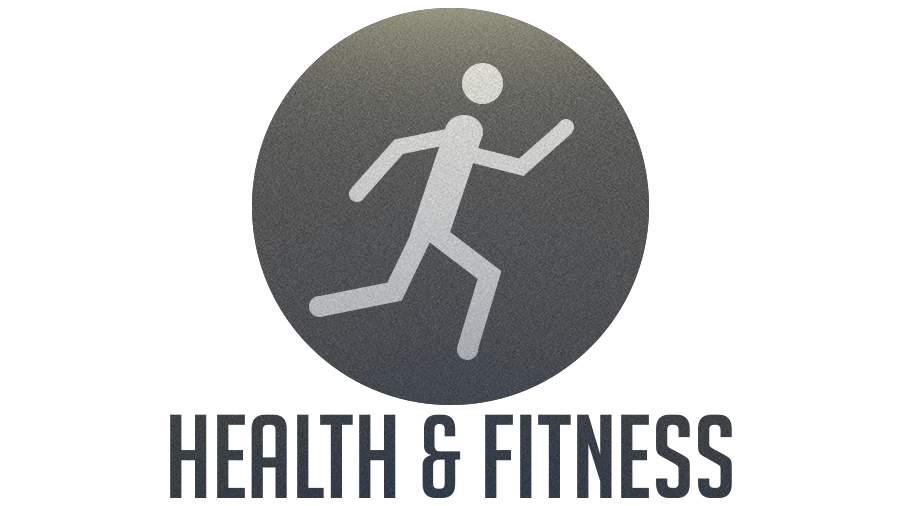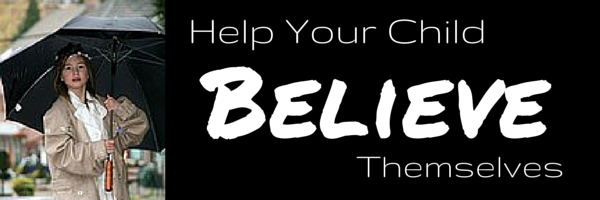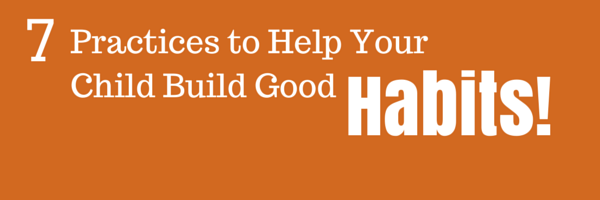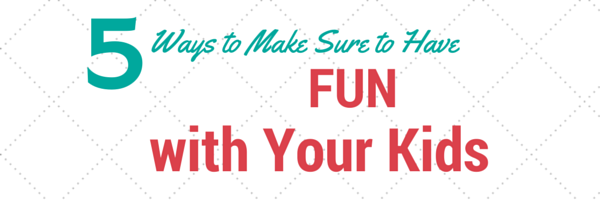Helping Kids Work through their AngerAll kids -- like all adults -- get angry. Anger is a defense against deeper feelings of fear, hurt, disappointment, and pain. When those feelings are too much, we automatically move into anger to keep ourselves from feeling so much pain. We move against the perceived threat by attacking.
Most of the time when kids get angry, they want to attack their little brother (who broke their treasured toy), their parents (who disciplined them "unfairly), or the playground bully (who scared them.) When kids live in a home where anger is handled in a healthy way, they generally learn to manage their anger constructively. That means: *Controlling aggressive impulses - By the time they're in kindergarten, kids should be able to tolerate the flush of adrenaline and other "fight" chemicals in the body without acting on them by clobbering someone. As we accept our child's anger and remain calm, she lays down the neural pathways -- and learns the emotional skills -- to calm down without hurting herself, others, or property. *Acknowledging the more threatening feelings under the anger- Once the child can let himself experience his grief over the broken treasure, his hurt that his mother was unfair, his shame when he didn't know the answer in class, or his fear when his classmate threatened him, he can move on. He no longer needs his anger to defend against these feelings, so the anger evaporates. By contrast, if we don't help kids get to the true source of their anger, they will just keep losing their tempers, without solving the underlying problem. How can parents help kids learn to manage their anger? 1. Remember that all feelings are allowed. Only actions need to be limited. 2. Set limits. Allowing feelings does not mean we allow destructive actions. Kids should never be allowed to hit others, including their parents or break things. When they do, they are always asking for us to set limits and help them contain their anger. Say, "You can be as mad as you want but you cannot hit. I see how mad you are, and I will keep us all safe." 3. Never send a child away to "calm down" by herself. Remember that kids need your love most when they "deserve it least." Instead of a "time out," which gives kids the message that they're all alone with these big, scary feelings, try a "time in," during which you stay with your child and help him move through his feelings. You'll be amazed at how your child begins to show more self control when you adopt this practice, because he feels less helpless and alone. 4. Stay calm. Yelling at an angry child reinforces what she's already feeling, which is that she is in danger. Your job is to restore calm, because kids can only learn and understand how to "do better" when they're calm. If you are in the habit of yelling at your kids, know that you are modeling behavior that your child will adopt by the time she's a teen, if not well before. 5. Give your child ways to manage his angry impulses in the moment. Read More... |
|
We found
results for you
We've got nothin'!



